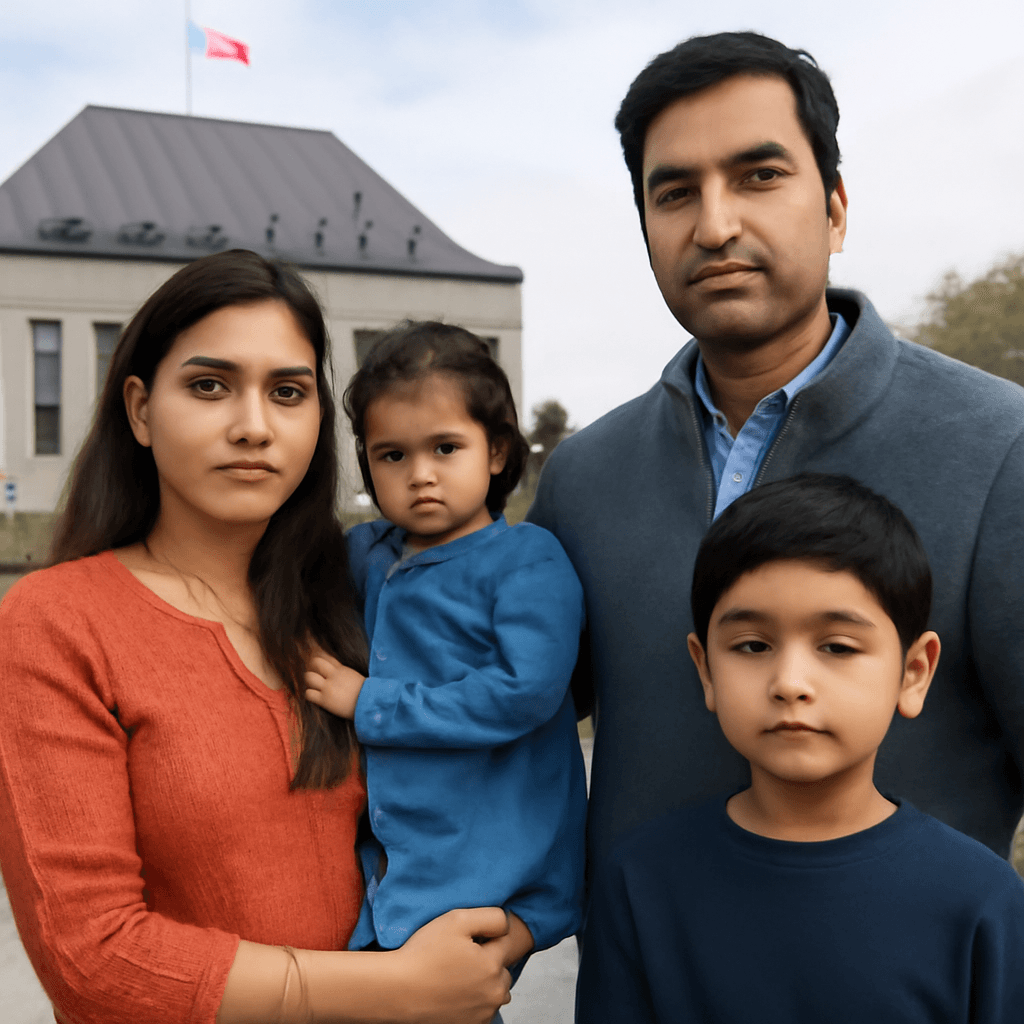Canada Introduces Bill C-3 to Expand Citizenship by Descent
The Canadian government has unveiled a significant update to its citizenship laws through Bill C-3, aiming to remove previous restrictions on citizenship transmission to children born outside Canada. Presented in Parliament by Immigration Minister Lena Metlege Diab, this legislation promises to reshape the rights of Canadian citizens who live abroad and their families.
What Is Changing?
Under current regulations, Canadian citizenship by descent is limited to only the first generation born outside Canada, a rule established in 2009. This means a Canadian citizen who was themselves born abroad cannot automatically pass citizenship to their children born or adopted outside the country.
Bill C-3 proposes lifting this “first-generation limit,” allowing Canadians born abroad to extend citizenship to subsequent generations born outside Canada, provided certain criteria are met.
“Substantial Connection” Requirement
To curb any loose claims, the bill introduces a key condition: parents must prove a substantial connection to Canada. This connection is defined as spending at least 1,095 cumulative days (three years) physically present in Canada before the child's birth or adoption.
Immigration, Refugees and Citizenship Canada (IRCC) emphasizes that the existing first-generation restriction does not reflect contemporary Canadian family dynamics—many families live and work across borders, maintaining strong ties to Canada despite being abroad.
Impact on Indian Diaspora and Other Communities
This legislative move is particularly welcomed within the Indian diaspora and other immigrant communities in Canada, many of whom raise families internationally. In light of increasingly restrictive immigration policies elsewhere, such as recent moves that limited birthright citizenship in the United States, Canada’s update offers reassurance and stability for families navigating citizenship complexities.
Next Steps: Legislative Process & Implementation
While Bill C-3 has been introduced, it still must pass three parliamentary readings and receive Royal Assent before becoming law. The IRCC assures that, once approved, it will act swiftly to implement the new framework.
This legislative adjustment marks a major modernization of Canada’s citizenship laws, ensuring they better represent the realities of today’s global families.
Key Takeaways
- Bill C-3 removes the limit on citizenship by descent beyond the first generation born abroad.
- Parents must demonstrate at least three years of physical presence in Canada to qualify.
- The change is designed to better align citizenship laws with modern family structures.
- Indian diaspora and other immigrant groups are expected to benefit significantly.
- The bill is still under parliamentary review but has strong government backing.



















